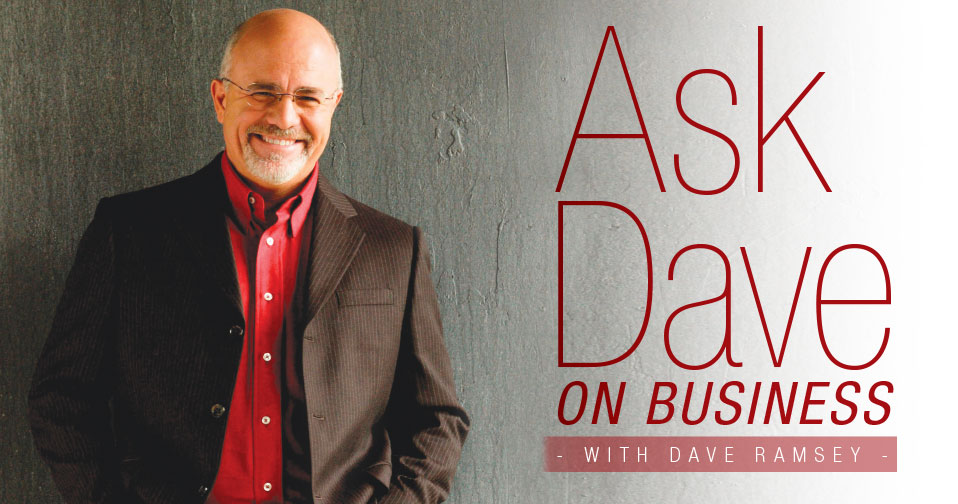Modeling Ministry

Have you ever considered that Jesus modeled workplace ministry?
It is easy to forget that Jesus spent more than 50 percent of His adult life in a carpentry shop. He was more known for being a carpenter than He was for being the Son of God. Perhaps that is why so many people had difficulty reconciling Jesus, the carpenter, with Jesus the Son of God who did miracles in the workplace.
Jesus was a workplace minister who combined both a priestly call with a workplace call. In the mind of Jesus, there was no sacred/secular divide. He did not consider His work life to be less important than His spiritual life. Both were entwined in everyday life. The Hebrews understood this. There was not a separation of the faith life from the work life.
Consider the following amazing facts:
-
The New Testament records that Jesus appeared publicly 132 times—122 were in the marketplace.
-
Jesus told 52 parables—45 had a workplace context.
-
The Book of Acts recorded 40 divine interventions—39 were in the marketplace.
-
Jesus spent His adult life as a carpenter until the age of 30, when He began a public preaching ministry in the workplace.
-
Jesus called 12 workplace individuals—not clergy—to build His Church.
-
Work is worship. The Hebrew word avodah is the root word for both "work" and "worship."
-
Work in its different forms is mentioned more than 800 times in the Bible—more than all the words used to express worship, music, praise, and singing combined.
Oswald Chambers, well-known author of My Utmost for His Highest, said: “The spiritual manifests itself in a life which knows no division into sacred and secular.”
If you were to conduct a survey on an average city street and ask if religion belonged in the workplace, chances are high that most answers would be no, and that would be correct. Religion doesn’t, but Jesus does. Most people today, even many Christians, see no relevance between God and work in today’s fast-paced society.
It is understandable why we are where we are today. Throughout centuries, we have been trained to believe that the two worlds of spiritual and secular are to be separated. “May the favor of the Lord our God rest upon us; establish the work of our hands for us—yes, establish the work of our hands.” (Ps. 90:17)
Throughout the church, a view of those in “full-time” Christian work versus those who work “secular” jobs has created a definite class distinction. There seems to be little evidence of this distinction in the Bible. Yet, we often hear testimonies from those who left “regular” jobs to go into the mission field, or some other “full-time” Christian work.
A surprisingly large number of pastors subscribe to my TGIF (Today God Is First) Internet devotional that I write for men and women in the workplace, that goes to 150,000 people a day. One day I received a very simple note from a pastor that said: “How can a businessman have such wisdom?”
This question spoke volumes to me. Basically, it seemed to imply that clergy are the only ones in tune with the spiritual matters of life—workplace believers focus on the “secular” life. However, God has never said this. He is helping many of us begin to understand our true calling as disciples of the Lord Jesus, but with different roles to play in the body of Christ—and no role is less “holy” than another. I realize this could challenge some church leaders, because there is an implied “higher calling” premise when one responds to a call of vocational ministry. There's an unspoken spiritual hierarchy in our society that seems to place spiritual calling and value based on vocational position. It goes something like this:
Pastor
Missionary
Evangelist
Church worker
Vocational ministry worker
Stay-at-home mom
Plumber
CEO/executive
Lawyer
God has never said that one profession has more spiritual value than another. We all have different roles and callings. Just as Jesus had a work to do before His Father, we each are called to a specific work for which we will be judged and rewarded.
We should not consider this as a lessening of the call of vocational ministry, but to realize our strategic role as equippers of workplace believers who have the potential to transform families, workplaces, cities, and nations. Church leaders have a tremendous opportunity to impact society through working people.
When I received Christ in 1974, I was a professional golfer. God gradually led me away from golf and into business. In 1980, I considered moving into vocational Christian work by attending a short-term Bible school to determine if I wanted to be a pastor. I served briefly as an assistant pastor only to have the position removed. It was never God’s intention for me to be a pastor.
Implied guilt, rather than a genuine call of God, led me to consider “vocational ministry.” I believed I might not be giving my all to God if I wasn’t in vocational ministry. I have learned since then that work truly is worship to God. If you are in a secular job that doesn’t violate Scripture, your vocation is just as important to God as full-time missionary work in India. God calls each of us to a vocation. He desires to use us for His Kingdom in that vocation.
Do you see a man skilled in his work? He will serve before kings; he will not serve before obscure men. Prov. 22:29
The Lord has called each of us to be excellent in what we do. Those whom God used in the Kingdom as workplace ministers were skilled and exemplified excellence in their fields. Not only were these men skilled, they were filled with God’s Spirit. Then the Lord said to Moses, “See, I have chosen Bezalel son of Uri, the son of Hur, of the tribe of Judah, and I have filled him with the Spirit of God, with skill, ability and knowledge in all kinds of crafts—to make artistic designs for work in gold, silver and bronze, to cut and set stones, to work in wood, and to engage in all kinds of craftsmanship.” (Ex. 31:1-5)
Consider Huram, the master craftsman of bronze to whom Solomon entrusted much of the temple designs. He was a true master craftsman (see 1 Kings 7:14). Consider Joseph, whose skill as an administrator was known throughout Egypt and the world. Consider Daniel, who served his king with great skill and integrity. The list could go on—David (soldier and king), Nehemiah (government worker), Aquila and Priscilla (tentmakers). Most of these were in the “secular” world of work providing a needed service.
God has placed you in positions of influence in fields of expertise where He’s given you gifts and talents. This is all according to His plan and works to His glory!

By: Os Hillman
Os Hillman is Founder and President of Marketplace Leaders Ministries. He is also an internationally recognized speaker, author, and consultant on the subject of faith at work. Hillman has written 12 books on faith and work subjects and a daily workplace email devotional entitled TGIF–Today God Is First. For more information on Os and his ministry work, visit: www.MarketplaceLeaders.org
Read More Articles by Os Hillman





